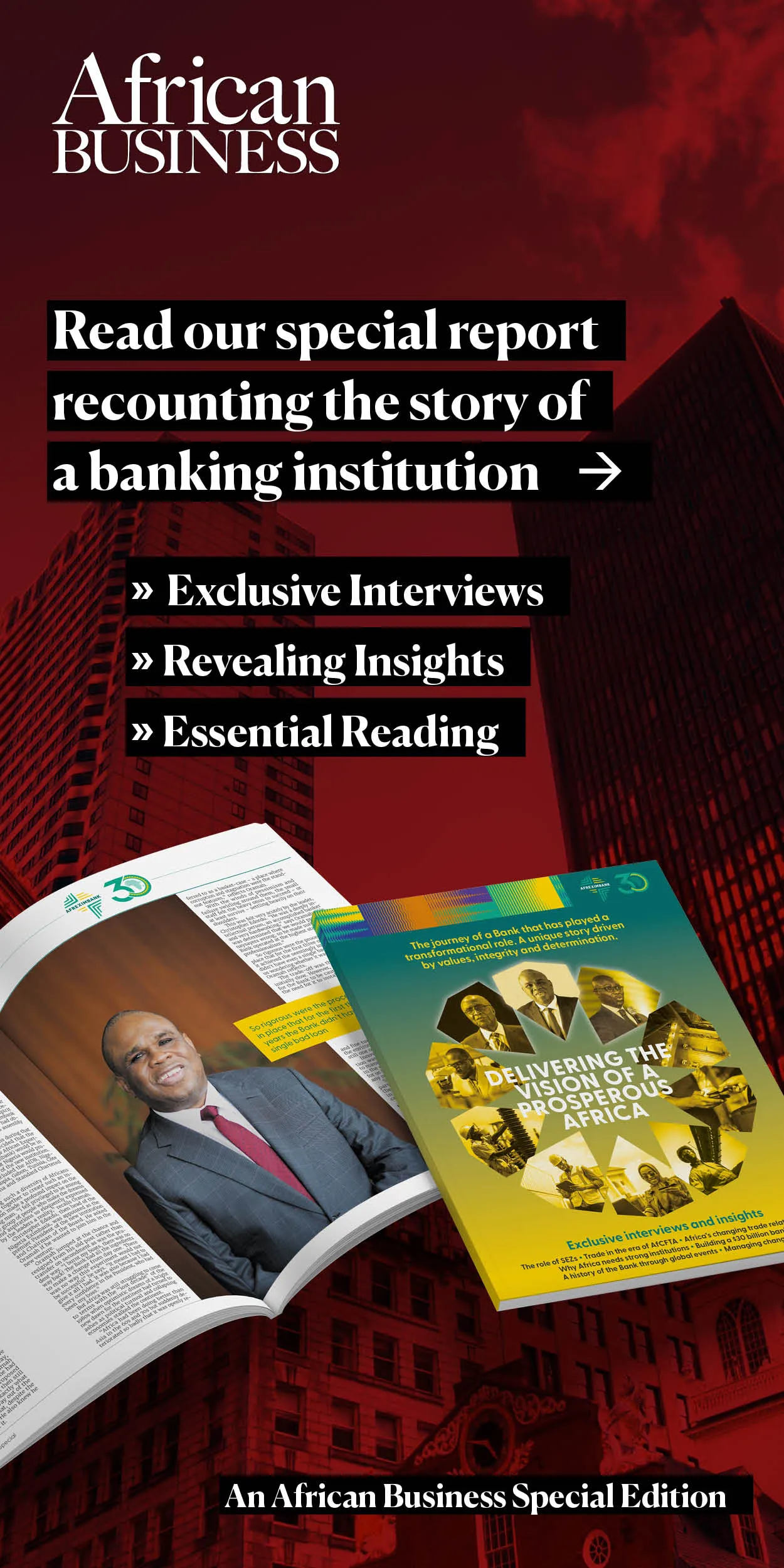This article was produced with the support of Afreximbank
What if every African company had a unique identity, a unique reference code, like a passport, that could be used for verification on all markets and for any transaction? That’s what the MANSA platform initiative is all about: the Africa Entity Identifier (AEI code), a new solution presented at the Afreximbank forum in Dakar.
Initially, MANSA, an initiative financed and developed by Afreximbank, started off as an archiving platform that provides a source of primary data needed to help conduct customer due diligence on African entities, that is financial institutions, companies and SMEs.
The platform today provides a complementary collection of information on investments in Africa, including country profiles and products and services traded by African countries.
It has developed the Africa Entity Identifier (AEI) code, the aim of which is to provide a unique identifier for African entities that have undergone rigorous compliance processes in terms of KYC (know your customer) and CDD (client due diligence).
“This code enhances the transparency of cross-border transactions by ensuring that the true identities of the companies conducting these transactions are verifiable,’ said Maureen Mba, MANSA Digital Initiative Platform Director. “By providing a verifiable, region-specific identifier for African entities, the AEI makes it easier for regulators, financial institutions and compliance professionals to trace ownership structures and assess risk,” she added.
Currently, the MANSA digital platform hosts more than 22,000 verified African entities with projections to reach more than 100,000 profiles within a year. “This number represents significant progress, but we are still in the initial stages of widespread adoption,” said Ms Mba. She added: “The aim is for the AEI to become a standard for compliance, transparency and trade facilitation across the continent.”
“In concrete terms, this identifier gives us information and monitoring on all the accounts of an entity,” explained the compliance manager of Ghana’s GCB Bank.
“It gives us a better understanding of our customers’ activities, especially when they have several accounts in different countries, and makes it easier to issue alerts.”
Ultimately, the AEI Code should play a significant role in promoting the transparency of cross-border payments across Africa. “The position of the AEI Code is in line with that of the FATF, as revealed in the amendment to Recommendation 16 on the transparency of payments,” concludes Maureen Mba.

 Sign in with Google
Sign in with Google 
